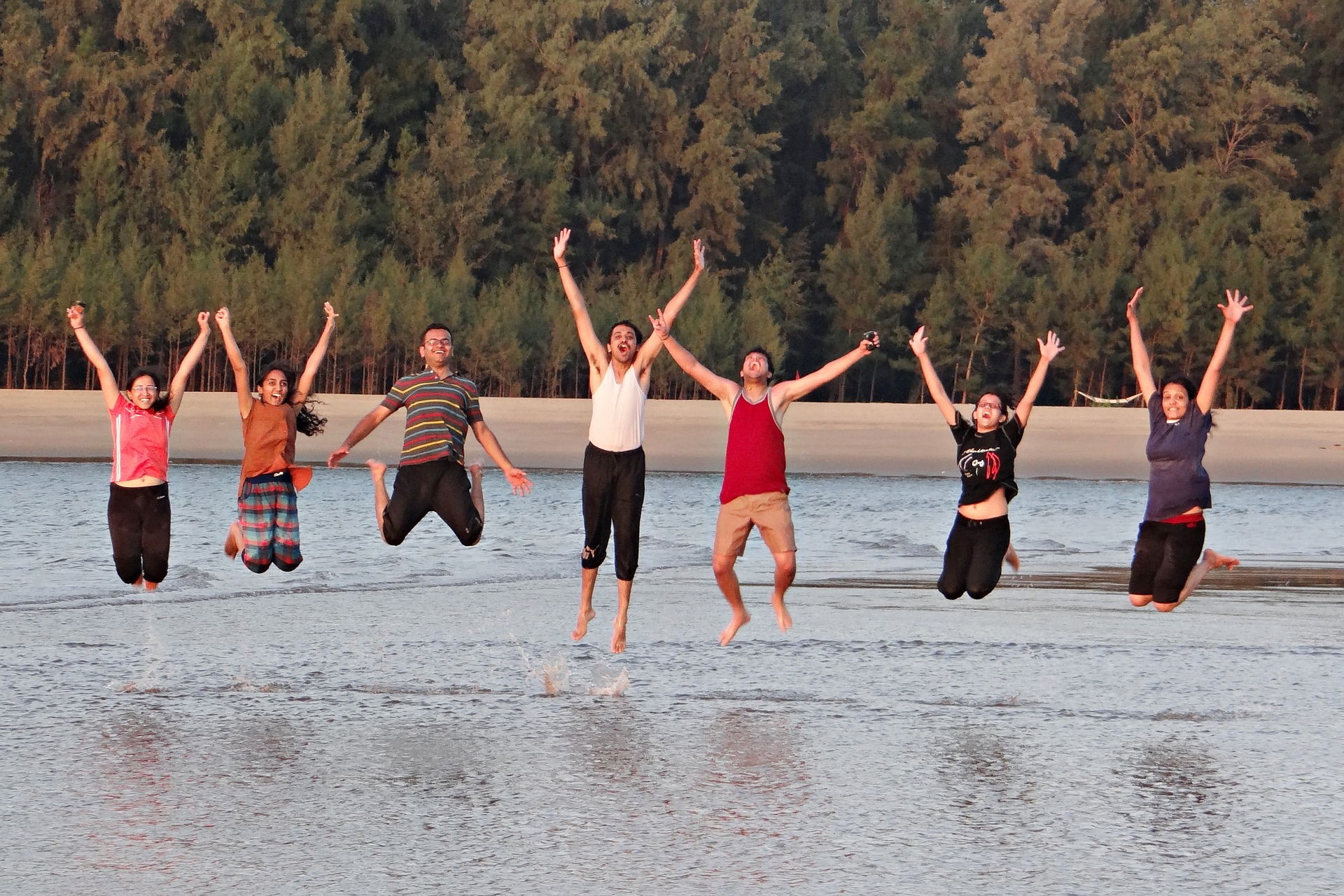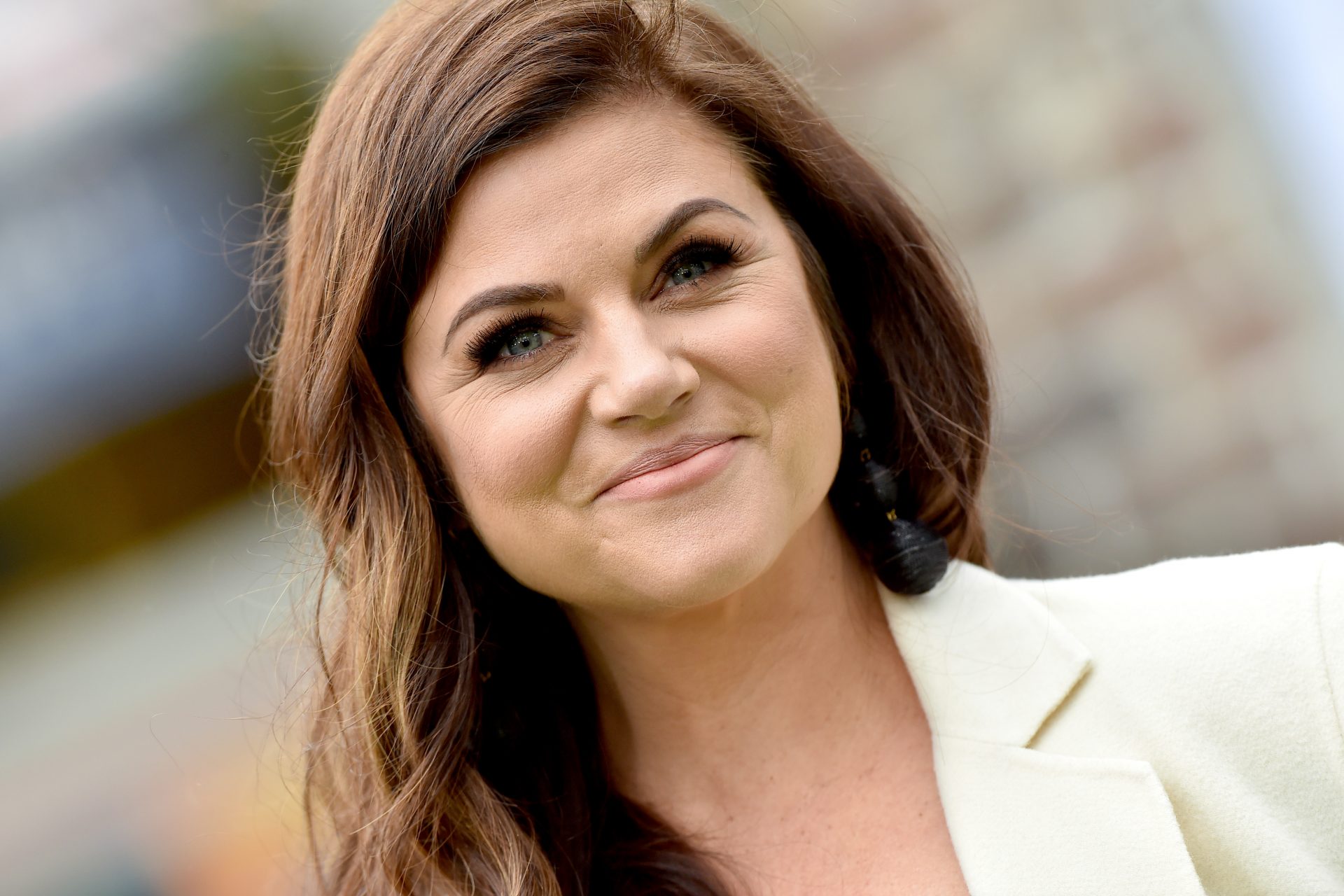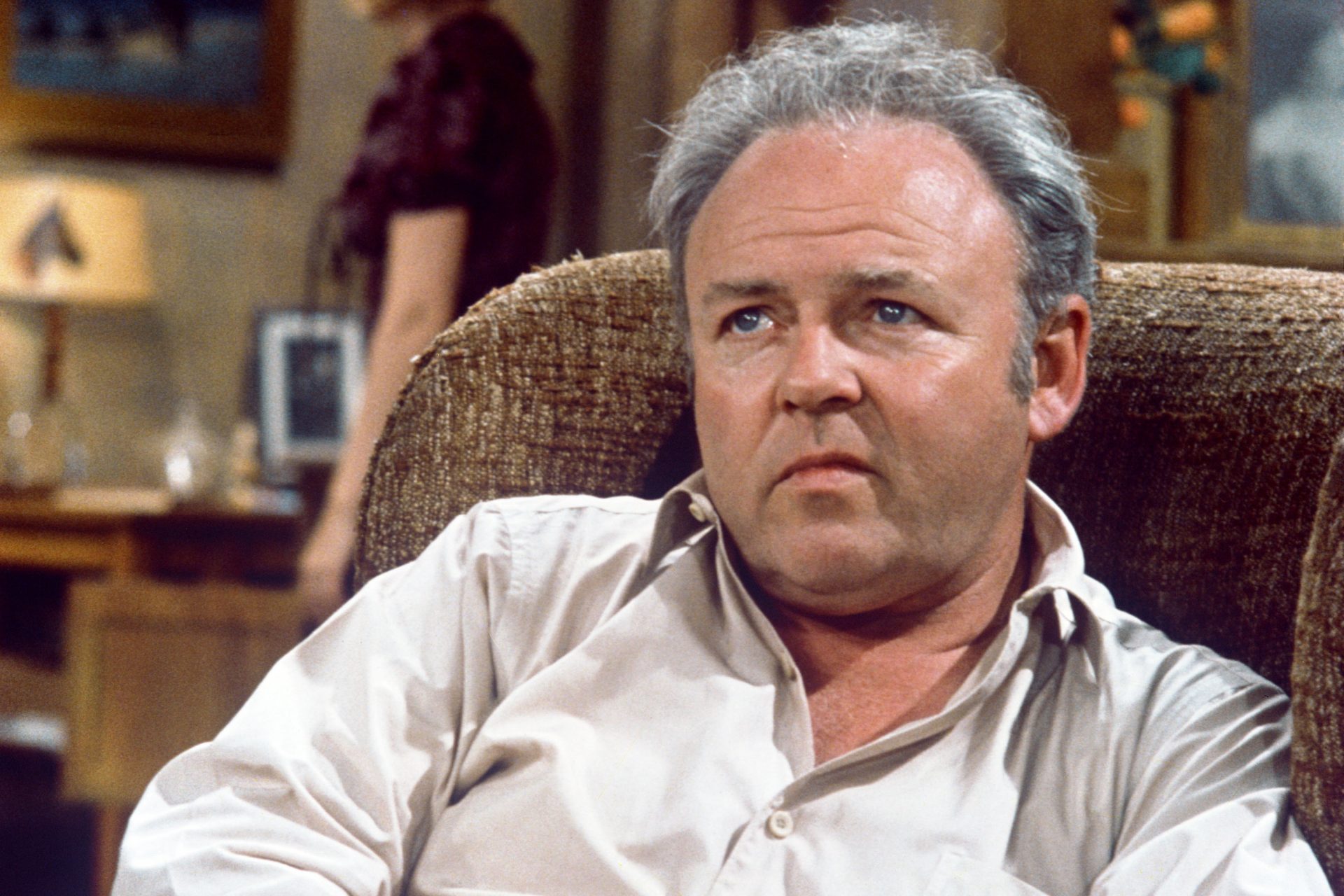Did you know these things about Belgium?
In the heart of Europe, Belgium is known for chocolate, comics, and its bustling capital, Brussels. But what else do you know about this country full of surprises?
Belgium is not just about waffles and beer, although they are important in its culture. Did you know, for example, that the saxophone was invented there? Discover 20 unusual facts about Belgium here!
Belgium is indeed the country for chocolate lovers. It produces no less than 650,000 tonnes, the majority of which is intended for export. In 2015, the country had around 500 chocolatiers and 2,000 chocolate shops spread across the country.
As a tribute to this national tradition, chocolate-flavored stamps were produced and marketed there in 2013.
Belgium is also a land of inventors and engineers! It was a Belgian, Adolphe Sax, who created a wind instrument in the mid-19th century that would take the name of saxophone.
Almost a century earlier, in 1760, Jean-Joseph Merlin had invented the first version of roller skates. The native of Wallonia (the French-speaking part Belgium) had the idea of finding a substitute for ice skating in summer. He tied two rollers in metal on a wooden plate: the ancestor of rollerblades.
Belgium is known for bilingualism between Dutch-speaking Flemings and French-speaking Walloons. But it has a third official language, German, which is spoken by a German-speaking minority in the east of the country.
Considered the oldest casino in the world, Le Redoute was opened in the town of Spa in 1762. It is still in operation after more than 250 years.
Renowned for its thermal establishments, this city is also the origin of the common name of 'spa' water. In addition, it hosts one of the longest Formula 1 circuits in the world.
Shortly before the Lumière brothers' historic session in December 1895 in Paris, the world's first cinema screening took place in Brussels on November 10 of the same year.
Belgium is not a rural country: 97% of its population lived in an urban area in 2021, compared to 81% in France or 78% in Germany.
Between the summer of 2010 and the end of 2011, Belgium broke the world record for longevity of a country without a government. For 541 days, the major political parties were unable to form a coalition. The country was basically at a standstill.
And yet, Belgians are not lacking in their civic duties. Voting has been compulsory in the country since 1893, unlike in many other European states.
The longest tram line in the world is in Belgium, along the coast. With a total of 67 kilometers (42 miles), it serves 68 stops in more than two hours.
With hundreds of castles scattered throughout the territory, Belgium has the highest density of castles in the world. The Château des Comtes, in Ghent (photo), and the Château de Beloeil, near Mons, are particularly recommended.
In 1969, the year of the legendary Woodstock festival, another great festival took place in Amougies, in the Hainaut region of Belgium. After several refusals by other venues, the two organizers landed in this town and managed to bring Pink Floyd (photo) there in front of 20,000 spectators.
If Hergé, Jacques Brel, or now Stromae are part of Belgian culture, the country also houses Sister Emmanuelle. Born in Brussels in 1908, the nun did charitable work in Egypt and Turkey. She died in France at age 99.
Another world-famous Belgian sister: Soeur Sourire (The Singing Nun). Born Jeanne-Paule Marie Deckers in 1933, the young woman entered holy orders before becoming an international celebrity thanks to her songs. A particular example is 'Dominique.' The singer had a tragic end but she remains present in the hearts of her fans.
Before being dethroned in 2016 by construction in China, the Strépy-Thieu boat elevator on the Canal du Centre was the largest in the world. Inaugurated in 2002, it reaches a height of 73 meters (240 ft).
Following very old traditions, some parts of Belgium organize major festivities every year. Note the carnivals of Binche and Aalst, and the processional giants in many villages in the country – just like in northern France.
Since 2004, the 'Nemo 33' swimming pool has been located in the municipality of Uccle, near Brussels. It is the deepest in the world with a diving pit of 35 meters (115 ft) deep. Several portholes allow a view in both directions between the pool and the bar/restaurant.
Belgium has been a land of exile for many French writers and artists, such as Victor Hugo, who fled after Napoleon III's coup. The country has also welcomed Alexandre Dumas, Charles Baudelaire, and Auguste Rodin.

































